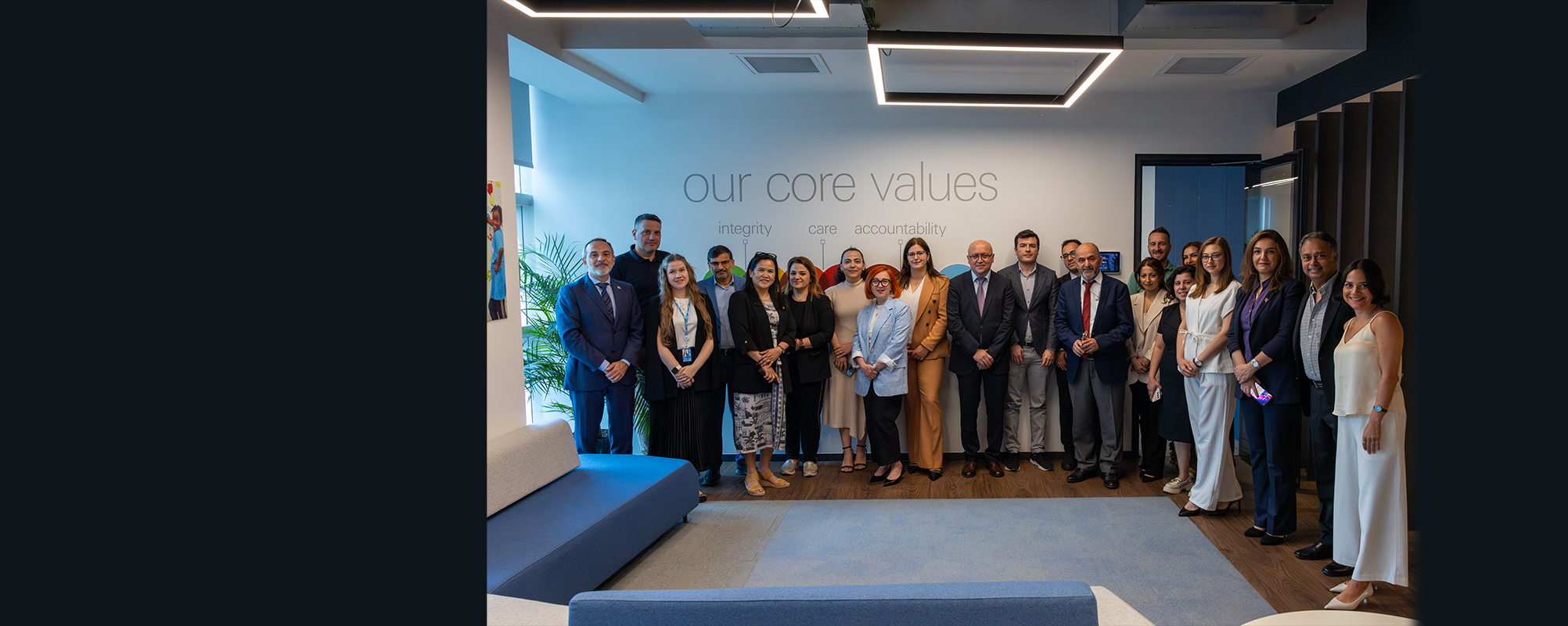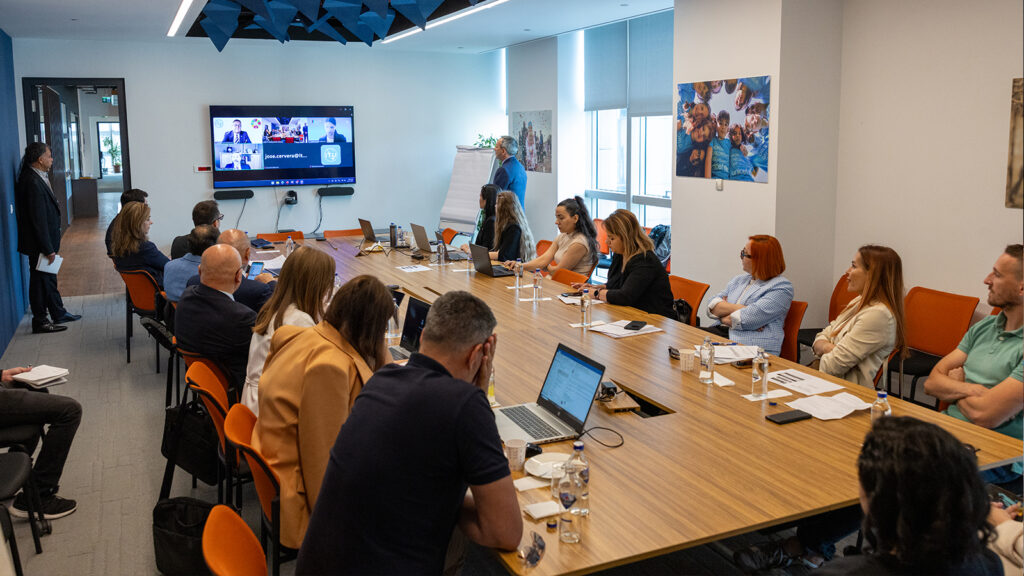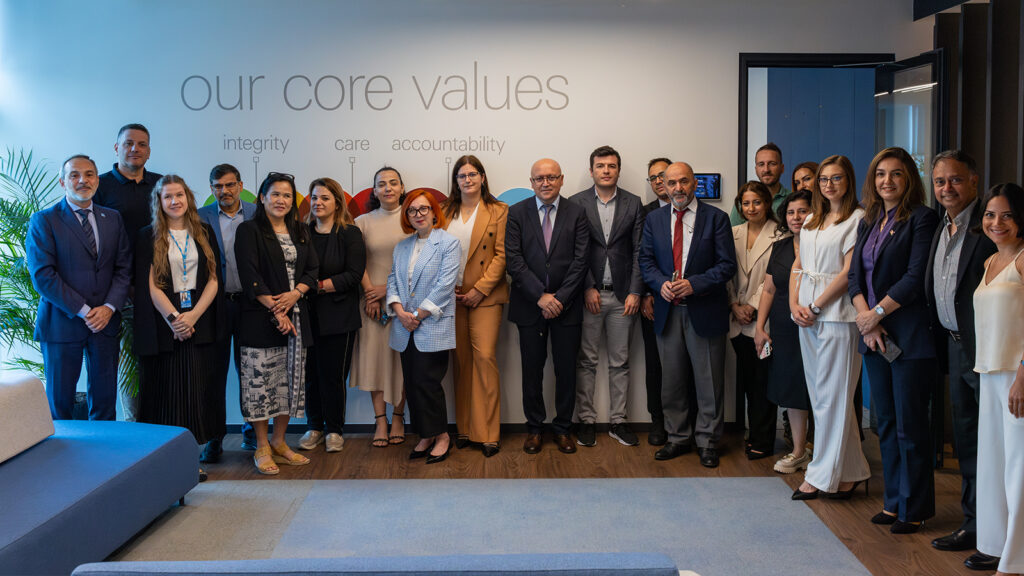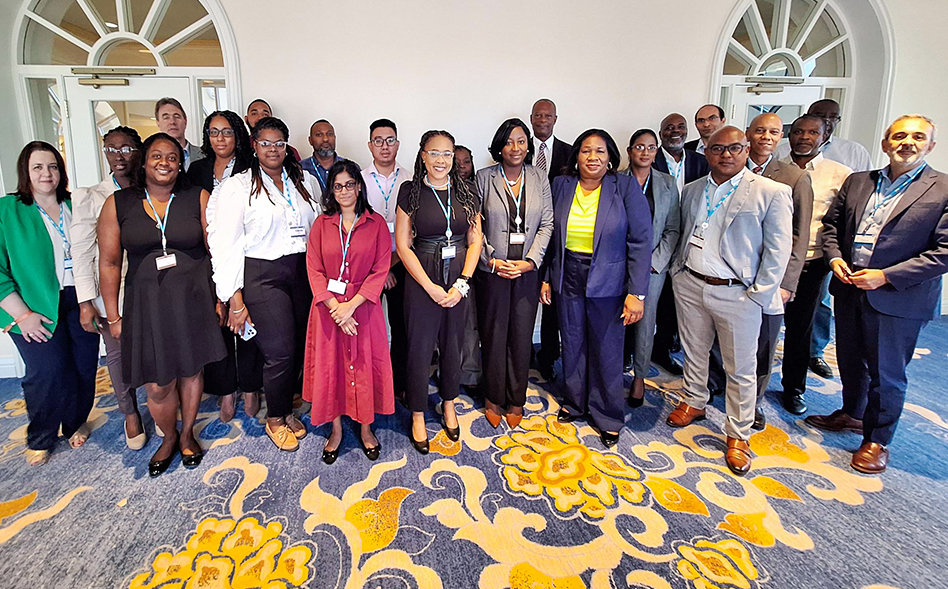
European policymakers and statisticians come together to advance universal and meaningful connectivity
In a collective effort to bridge the digital divide, representatives from National Statistical Offices, government, United Nations’ agencies, and other stakeholders gathered in June to explore how universal and meaningful connectivity (UMC) can be woven into national digital strategies.
To enable countries to adopt a more holistic approach in developing national strategies that prioritize digital connectivity, the Telecommunication Development Bureau (BDT) partnered with the European Commission to implement the project, Promoting and Measuring Universal and Meaningful Connectivity, funded by the European Union. The project aims to promote UMC as a policy objective, improve the quality and availability of UMC statistics, and identify effective policies.
Although Europe leads in digital connectivity globally, regional disparities exist.
As part of the project, a workshop for ITU Member States in Eastern Europe and the Western Balkans was held in Istanbul, Türkiye, in June 2025, to explore how evidence-based digital policies can help bridge these gaps.


It was organized by BDT, in collaboration with the Information Technologies and Communication Authority (BTK) of Türkiye and the UNICEF Türkiye Country Office, with financial support from the European Union. Sessions were led by BDT, Eurostat, United Nations Population Fund (UNFPA), and United Nations Children’s Fund (UNICEF).
Statisticians and policymakers from Albania, Bosnia and Herzegovina, Georgia, Montenegro, Serbia, and Türkiye reinforced their collaboration during sessions on institutional strengthening, innovative data collection methods, and regional comparisons. They also explored practical ways to apply the UMC framework and shared strategies to advance digital inclusion.
“Achieving UMC is essential for Albania and South-East Europe to ensure that all people can access and benefit from high-quality, affordable, and safe Internet,” said Eriona Dhamo, Head of Household Consumption Statistics Sector, Institute of Statistics of Albania. “The workshop gave conceptual clarity and practical rigor. Overall, it felt like an introduction to bridge regional gaps, translating UMC from global theory into region-specific operational reality, and preparing participants to both measure progress and shape future digital-inclusion strategies.”
“The workshop was a well-balanced mix between informative presentations and engaging discussions, which kept sessions dynamic and participatory,” said Aleksandra Malinic, Chief Advisor for Market Analysis and Cost Accounting, Regulatory Agency for Electronic Communications and Postal Services (RATEL) of Serbia. “Ensuring UMC is especially important for regions with digital divides, such as between urban and rural areas or uneven 5G rollout. Reliable, affordable, and inclusive Internet access is a key step to economic growth, successful innovation, better public services, and social inclusion.”
The three-day workshop in Istanbul follows similar events organized by BDT in the Arab States, the Caribbean, the Commonwealth of Independent States (CIS) region, Asia, and Latin America.
This is an ITU Development #DigitalImpactUnlocked story
About the project
To accelerate progress toward universal and meaningful connectivity (UMC), the Telecommunication Development Bureau and the European Commission partnered under the project Promoting and Measuring Universal and Meaningful Connectivity, funded by the European Union. The project aims to promote UMC as a policy objective, improve the quality and availability of UMC statistics, and identify effective policies. Regional workshops for policymakers and statisticians are being organized to support UMC integration into digital policies, strengthen national capacity to produce and disseminate UMC data, and share good practices.
Learn more about the project here.


